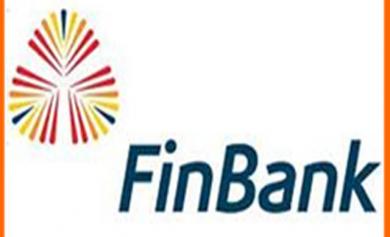
The nation’s banking industry ratings could be upgraded as capital ratios are expected to rise to 20 per cent next year, from their current 14 per cent, the country’s oldest ratings agency told Reuters yesterday.
A senior Agusto & Co. official maintained the banking sector rating at “Bb” on a stable outlook, after downgrading it from “BBB” in 2008, and said the capital ratio stood at 14 per cent this year, after it fell by more than half last year.
The ratio was 25 per cent in 2008, before a bad loans crisis engulfed the banking sector, prompting the central bank to bail out nine lenders.
Five of those lenders have since signed merger deals, three have been nationalised and one has scaled down to become a regional bank.
Access Bank and rescued rival Intercontinental Bank have announced a shareholder meeting to approve their merger deal, and Ecobank and Oceanic have done the same, raising hopes of an end to Nigeria’s banking crisis before year end.
“If by next year, a lot of the banks have made improvements in profitability and risk management, we might change it (rating),” Yinka Adelekan, Agusto’s head of financial institutions, said. “With the inflows from AMCON into the banks that had capital problems, we expected the base ratio for the whole industry to go between 18-20 per cent.”
The minimum capital ratio requirement in Nigeria, the percentage of a bank’s capital to its loans, is 10 per cent.
Agusto & Co last year assigned a “Bb” moderate risk rating with positive outlook to the banking sector, citing weak capitalisation and a sharp deterioration in credit quality.
Yinka said the current improvement in earnings the banks have so far were largely down to an injection from the state “bad bank” AMCON, which took on their non-performing assets.
“It could take at least three years for profitability to return to the banking industry,” she added.
Nigeria bailed out nine banks in 2009 and injected $4 billion into the lenders because auditors deemed them so weakly capitalised that they posed a risk to sub-Saharan Africa’s second biggest economy.
The bailout led to a dry up in credit flows in the West African country knocking bank profits.
Adelekan said core capital for the banking industry including injections from state-owned “bad bank” AMCON was 975 billion naira ($6.26 billion).
AMCON has injected 285 billion naira into Mainstreet Bank formerly Afribank, 283 billion naira into Keystone Bank, formerly Bank PHB and 111 billion naira into Enterprise Bank, formerly Spring Bank.
Profits need to be reliable to affect ratings, she said. ($1 = 155.660 Nigerian naira)Reuters

